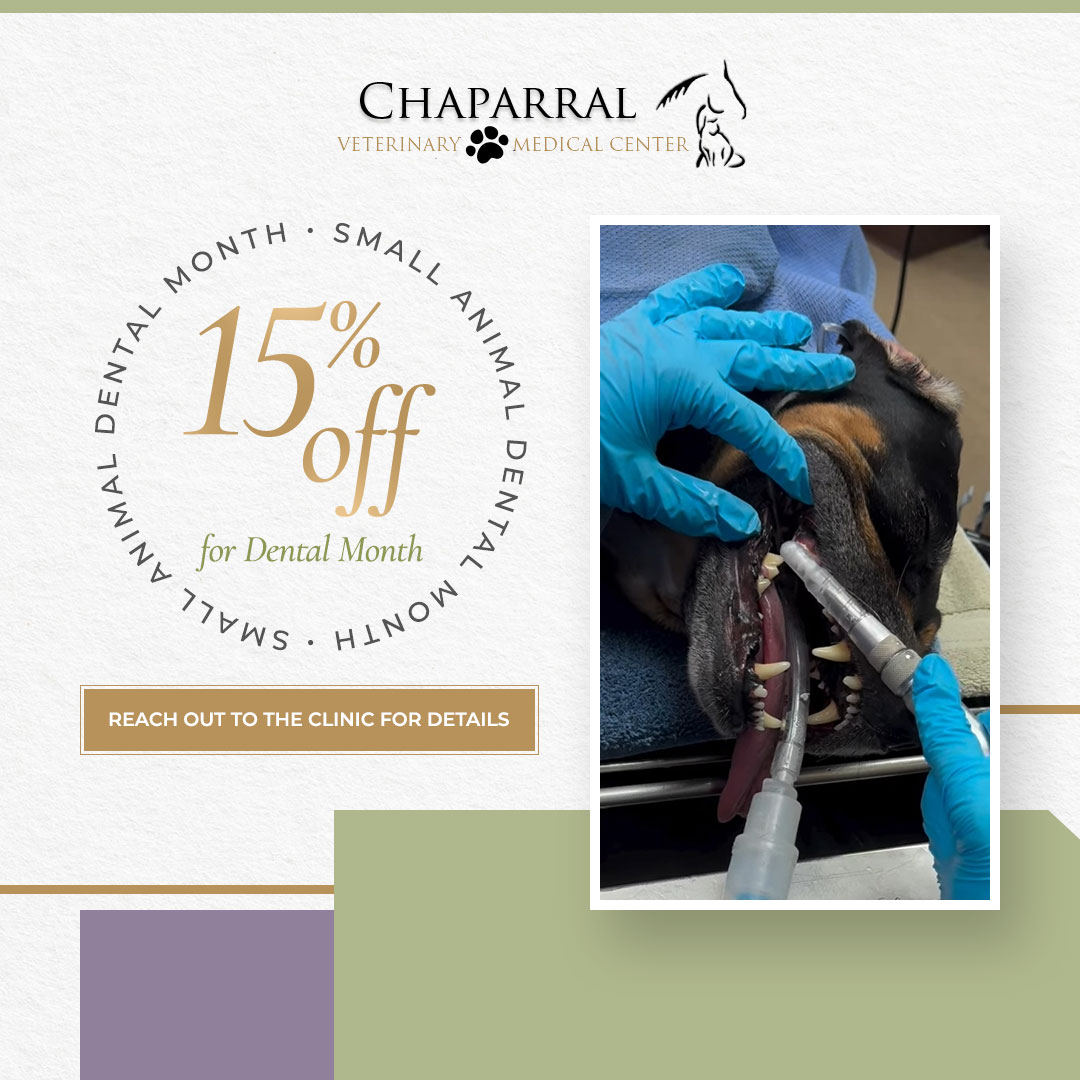Cave Creek, AZ 85331
Top Tips on How to Care for Your Senior Pets

Whether your pet is a new addition to your family or has been with you for many years, your senior dog or cat needs a little extra love and care. Aging in pets generally depends on various factors. These include the type of pet and breed, genetics, and concurrent disorders. You have to recognize the signs of aging, such as vision changes, hearing loss, and mobility issues. This way, you can take measures to guarantee that your animal companion’s quality of life remains optimal. Here are a few tips to help you care for your senior pets:
Watch Their Diet. The aging process, in itself, is not a disease. But it is often linked with numerous health conditions. Nutritional adjustments can be a powerful tool in preventing disease, managing it, and maintaining your senior pet’s health. Many older dogs and cats suffer from a lack of appetite, chewing problems, and obesity. Since they also become less active, senior pets need fewer calories. It’s best to consult with a vet trained in pet nutrition. This way, they can create a dietary plan unique to your pet’s nutritional needs. Your senior dog or cat must maintain the ideal weight and healthy lean muscle mass.
Help Them Get Enough Exercise. Your older dog may no longer be able to chase the frisbee the way they used to. But maintaining an active lifestyle continues to be a crucial aspect of your pet’s health. In fact, regular exercise becomes even more critical as your animal companion ages since their mobility starts to decline. Safe, gentle exercise can help keep your pet’s weight normal, their joints healthy, and their muscles strong and supple. Physical activities also keep their mind occupied, stimulate their appetite, and improve their mood. You and your older pet can go for a walk, take a car ride, play with toys, and leisure time in the backyard. Moderation is essential, though. So, it’s highly recommended to speak with your vet about an exercise program suitable for your senior pet.
Take More Trips to the Vet. Routine wellness exams are essential for all pets. But it becomes more critical as your dog or cat ages. Similar to elderly people, senior pets tend to become more vulnerable to all sorts of ailments. So, more frequent visits to the vet are necessary. You have to take your senior pet for a vet checkup at least a couple of times a year. Complete physical tests, dental exams, and routine bloodwork during these visits will allow the vet to set baseline health. This gives them a chance for early detection and intervention.
Your older dog or cat needs your care even more as they age. It’s in your hands to monitor your pet’s health and well-being. Do you want to learn more about how you can keep your four-legged best friend as happy and healthy as you possibly can in their senior years? Visit Chaparral Veterinary Medical Center in Cave Creek, Arizona, today. Call us now at (480) 595-8600 to schedule an appointment.













